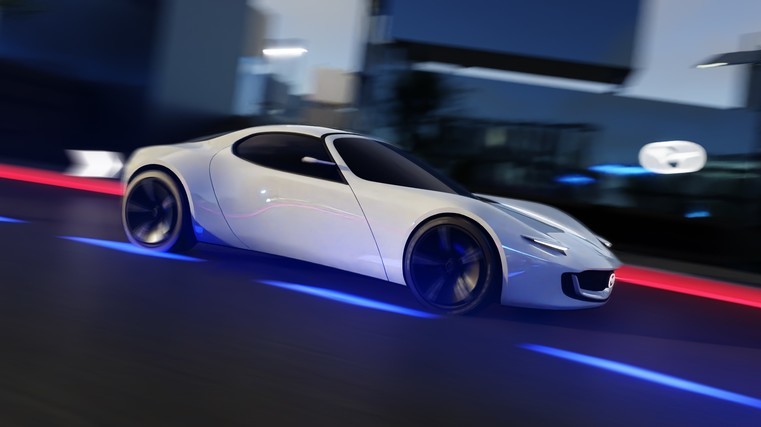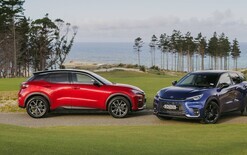Mazda outlines future direction

Different countries’ environmental regulations, heightened geopolitical risks and the rapid development of technology has prompted Mazda Motor Corporation to revamp its mid-term management plan.
The company has come up with a three-phrase plan towards 2030 that it says will allow it to flexibly respond to market changes. It has also set a target of zero fatal accidents caused by new Mazdas by 2040.
The announcement highlights the manufacturer as “positively responding to the highly uncertain business environment”, while renewing the marque’s commitment to achieving carbon neutrality in all its operations by 2050.
Pictured is Mazda’s Vision Study Model, which it says confirms its commitment to “build cars that evoke excitement in people”.
Faster electrification
Through to 2024, Mazda will focus on achieving more resilience towards changes in the environment, focusing on its technology development, supply chains and cost reduction.
During this time, it will continue to accelerate the electrification of its fleet by launching products that meet regulations in respective markets.
Globally, Mazda has launched the MX-30 EV. Next up was the CX-60 PHEV in Europe 2022 with other countries, such as New Zealand, to follow in 2023. Other electrified products will include the MX-30 R-EV.
From 2025-27 and as regulations become more stringent, Mazda will continue to build the necessary parts to transition towards the electrification of its range.
This will include refining the use of multiple electrification and manufacturing technologies, and launching battery electric vehicles (BEVs) globally.
Advancing BEVs
Mazda says this transition will be completed from now until 2030. It will achieve this through partnerships in different areas.
The company has signed a collaborative agreement to jointly develop and produce highly efficient electric-drive units with its partners.
It has also signed up to a joint-venture company to develop highly efficient production technology, and establish a production and supply framework for electric units.
In addition, Mazda has concluded a joint agreement to develop inverters, including silicon-carbide semi-conductors, and has signed another for advanced motor technologies.
The company will continue to procure batteries from its partners. In addition to its existing suppliers, it recently concluded an agreement with Envision AESC to procure batteries for EV production in Japan.





